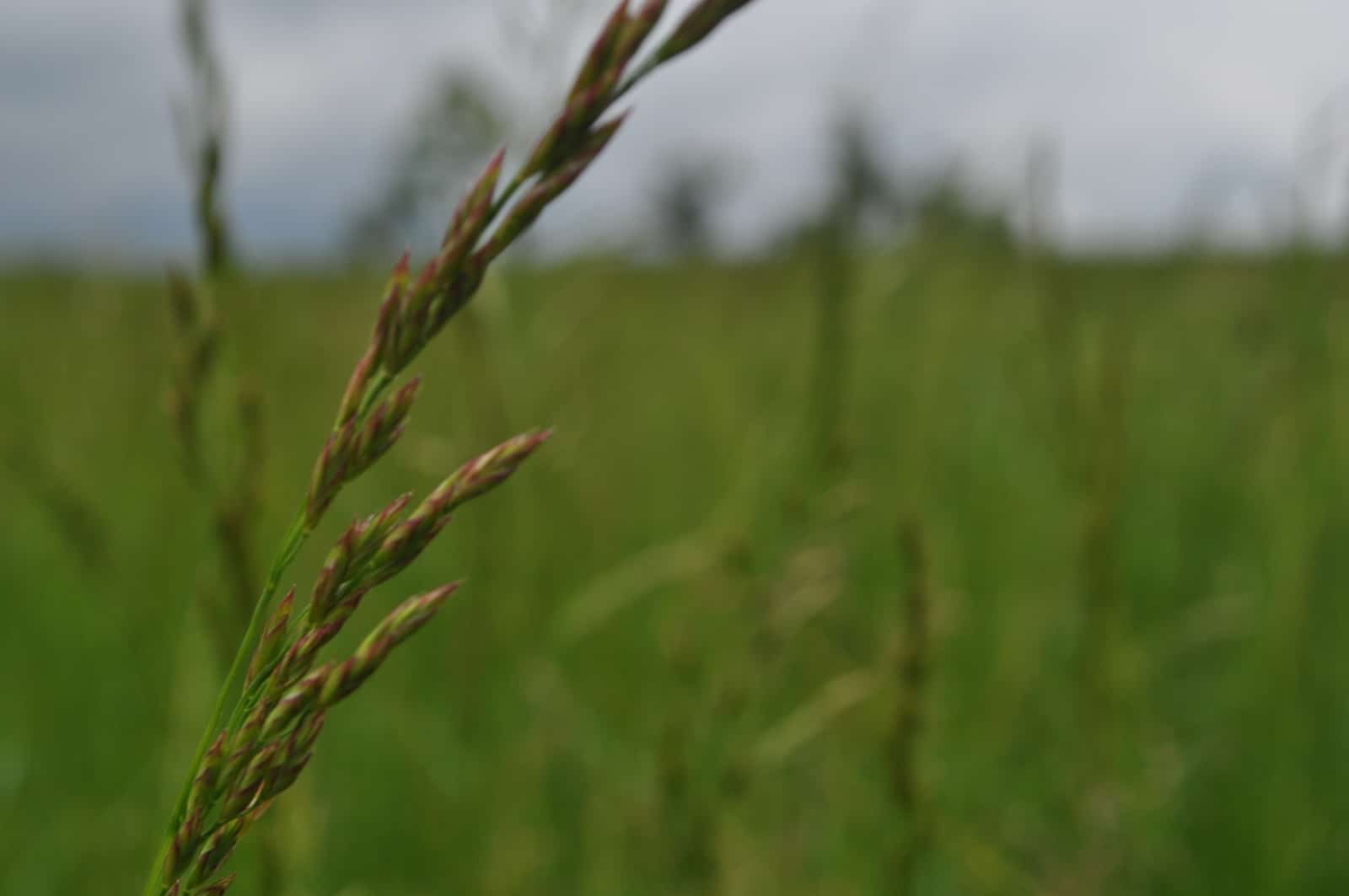Horses should not eat fescue grass as it can cause health issues. Fescue grass is a common type of pasture grass that is widely cultivated for livestock consumption.
However, when it comes to horses, it is important to note that fescue grass can have harmful effects on their health. Fescue grass contains a fungus called endophyte, which can produce a toxic substance known as ergovaline. This toxin can lead to problems such as decreased fertility, prolonged gestation, difficult birth, and even the loss of pregnancy in mares.
In addition, horses grazing on fescue grass may also experience lameness and weight loss due to the toxin’s effects on their metabolism. Therefore, it is essential to avoid feeding fescue grass to horses and provide them with alternative, safe forage options.
Understanding Fescue Grass And Its Characteristics
Fescue grass is a type of grass commonly found in pastures and lawns. It is known for its hardiness and ability to withstand harsh weather conditions. This grass has a high tolerance for drought and shade, making it a popular choice for many horse owners.
Fescue grass is also known for its deep root system, which allows it to access water and nutrients from the soil. In terms of nutritional composition, fescue grass is relatively low in protein but high in fiber. It provides horses with a good source of roughage, helping to maintain a healthy digestive system.
However, it is important to note that fescue grass can sometimes contain endophytes, which can be harmful to horses if consumed in large quantities. Horse owners should be cautious and monitor their horses’ intake of fescue grass to ensure their well-being.
The Potential Risks Of Fescue Grass For Horses
Fescue grass poses potential risks for horses, particularly in the form of fescue toxicosis. Equines can suffer from this condition due to the presence of toxins in fescue grass. Common symptoms and signs of fescue toxicosis in horses include weight loss, rough hair coat, prolonged gestation, and even abortion.
The negative effects of fescue grass on horses have been extensively studied, highlighting the importance of understanding this issue. Horse owners should be aware of the potential risks and take necessary precautions to ensure the well-being of their animals. Providing alternative pasture options or supplementing the diet with hay can help mitigate these risks and maintain the health of horses.
Regular monitoring and veterinary care are essential to detect and address any signs of fescue toxicosis promptly.
Managing Fescue Grass Consumption For Horses
Horses require careful management when it comes to consuming fescue grass. Strategies for reducing fescue toxicity include seeking safe alternatives for equine diets and carefully monitoring and controlling grass consumption. Fescue grass can be replaced with other suitable forages to ensure the health and well-being of horses.
It is essential to closely monitor their intake and make adjustments to minimize the risks associated with fescue toxicity. By taking proactive measures, horse owners can help prevent any potential health issues caused by consuming fescue grass. Being aware of safe alternatives and implementing monitoring and control measures are crucial in ensuring the optimal health of horses.

Credit: thehorse.com
Conclusion
Horses can eat fescue grass, but caution should be exercised. While fescue is a common type of grass and can provide nutrients to horses, it may also contain a harmful fungus known as endophyte. This fungus can lead to various health issues in horses, including decreased fertility, prolonged gestation, and even increased risk of abortion.
It is important for horse owners to carefully manage fescue grass consumption by monitoring the quality of the grass and seeking professional advice. Implementing pasture management techniques such as mowing, seeding, and fertilizing can help reduce the presence of the fungus and improve the overall health of the grass.
By ensuring a balanced and diverse diet for horses and taking necessary precautions, horse owners can help keep their equine companions healthy and thriving.
